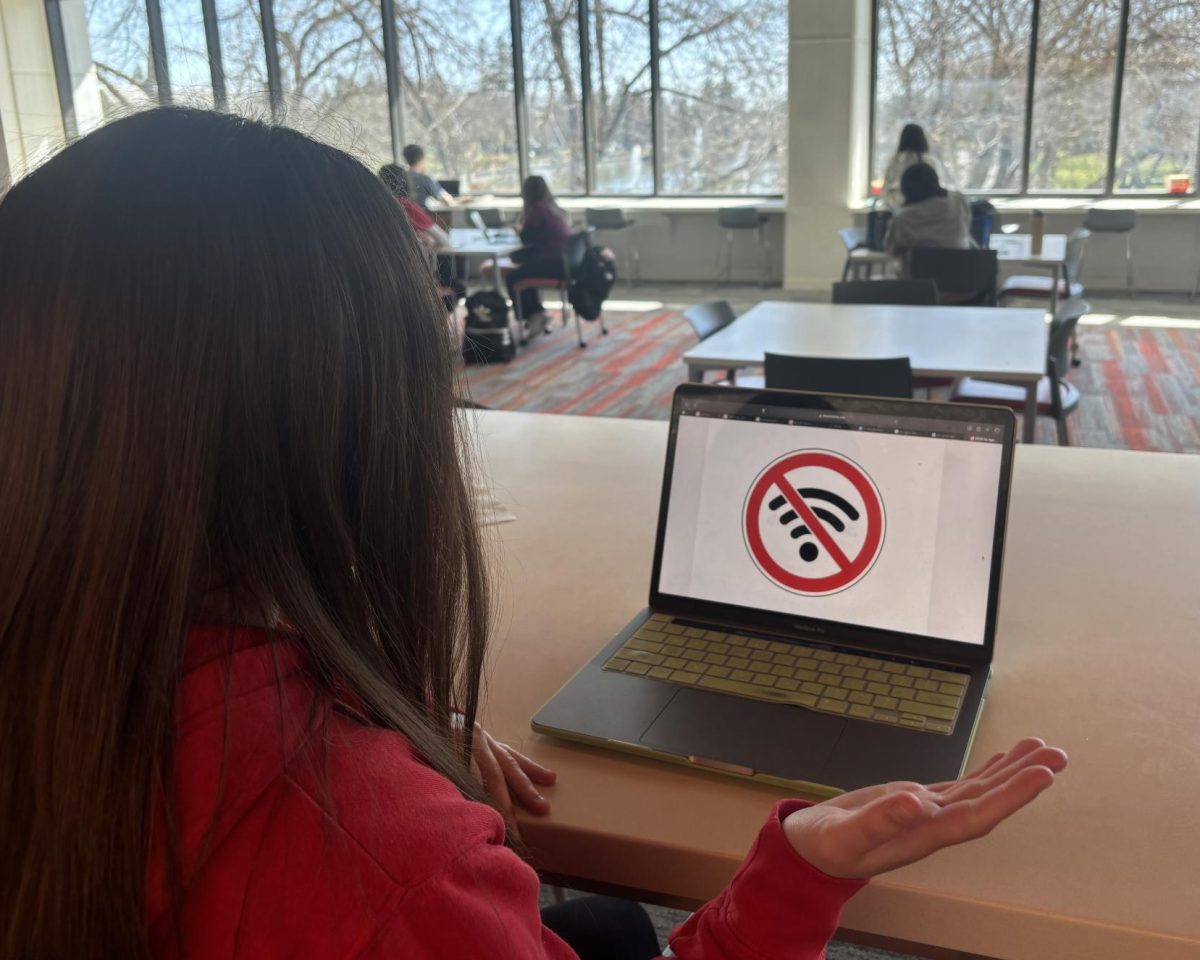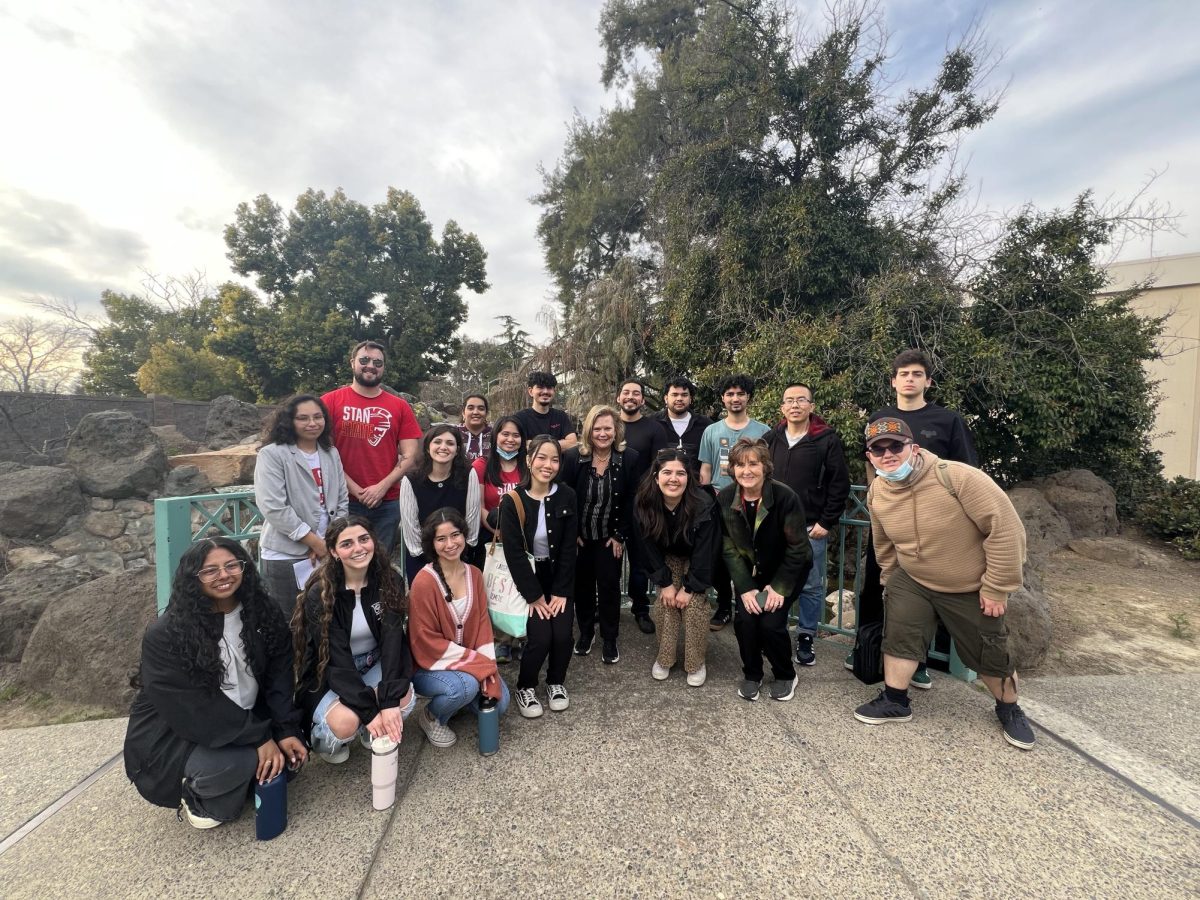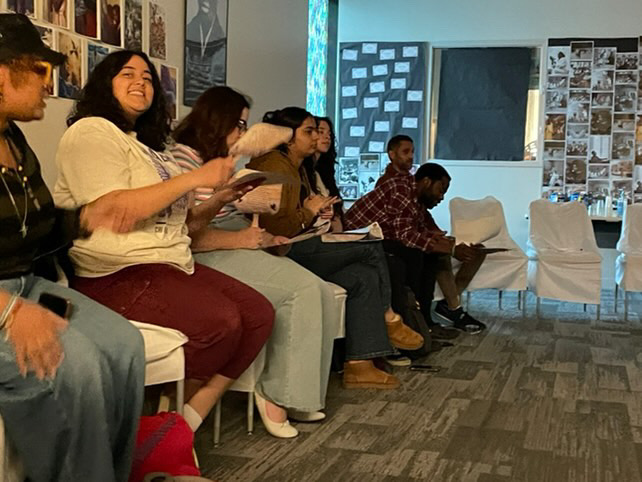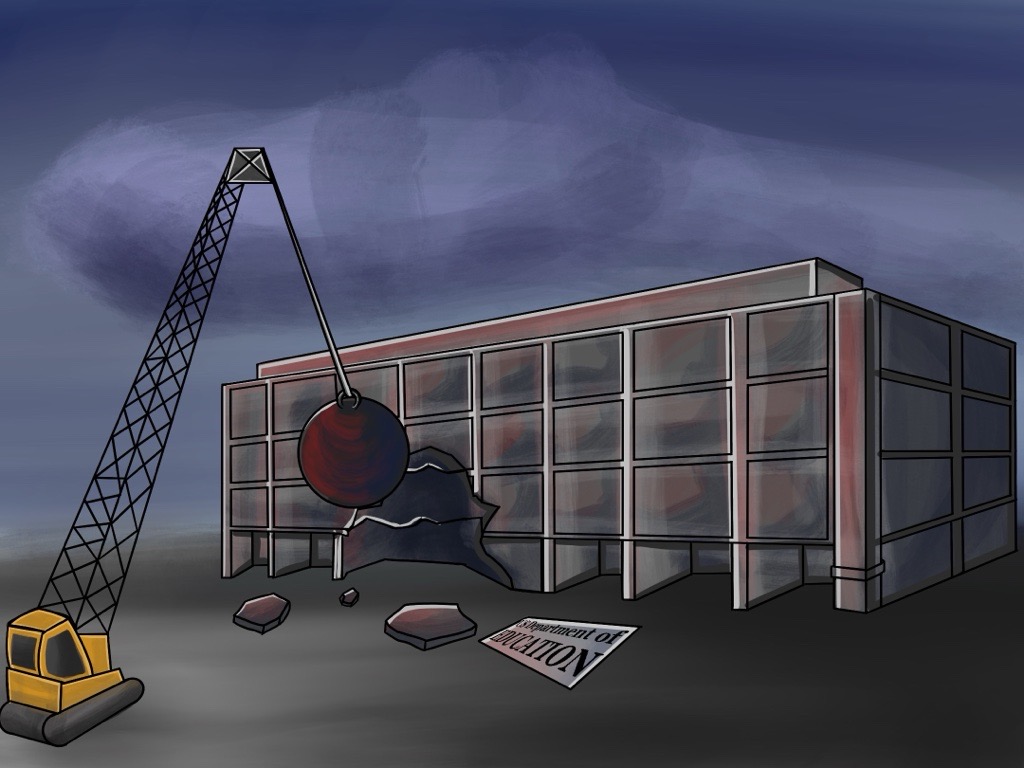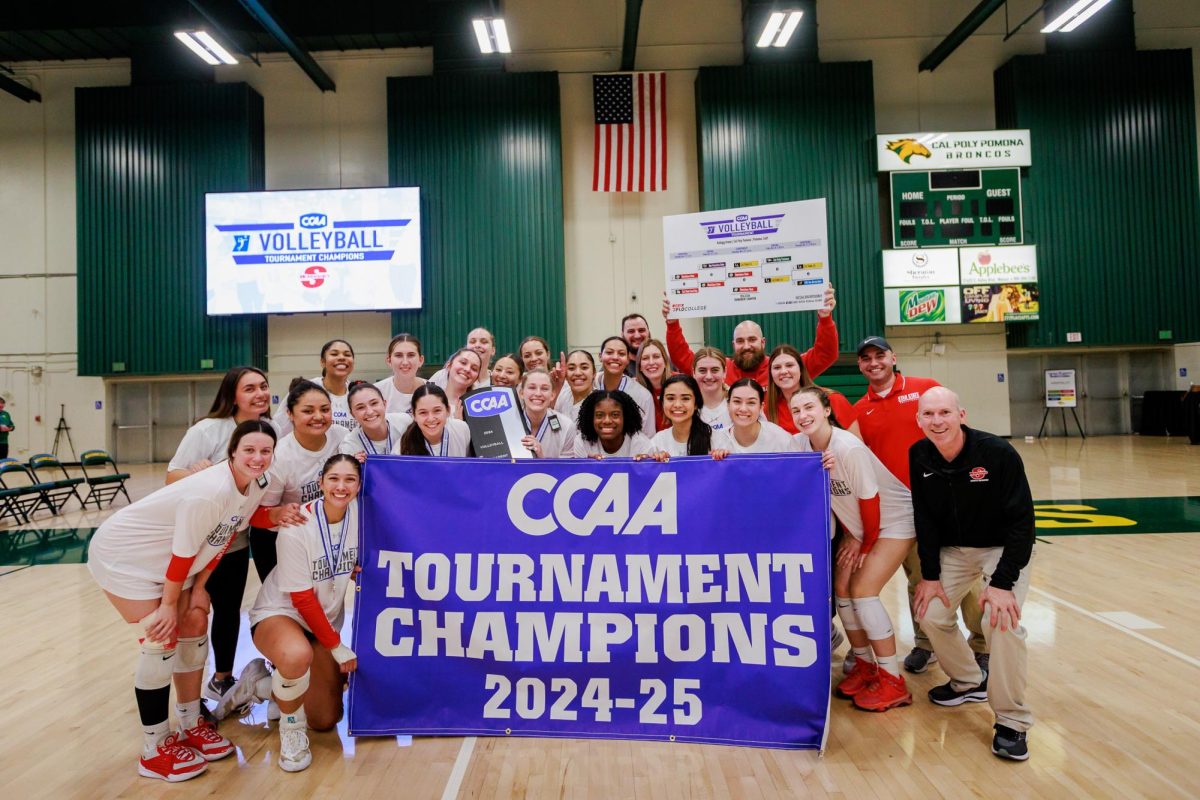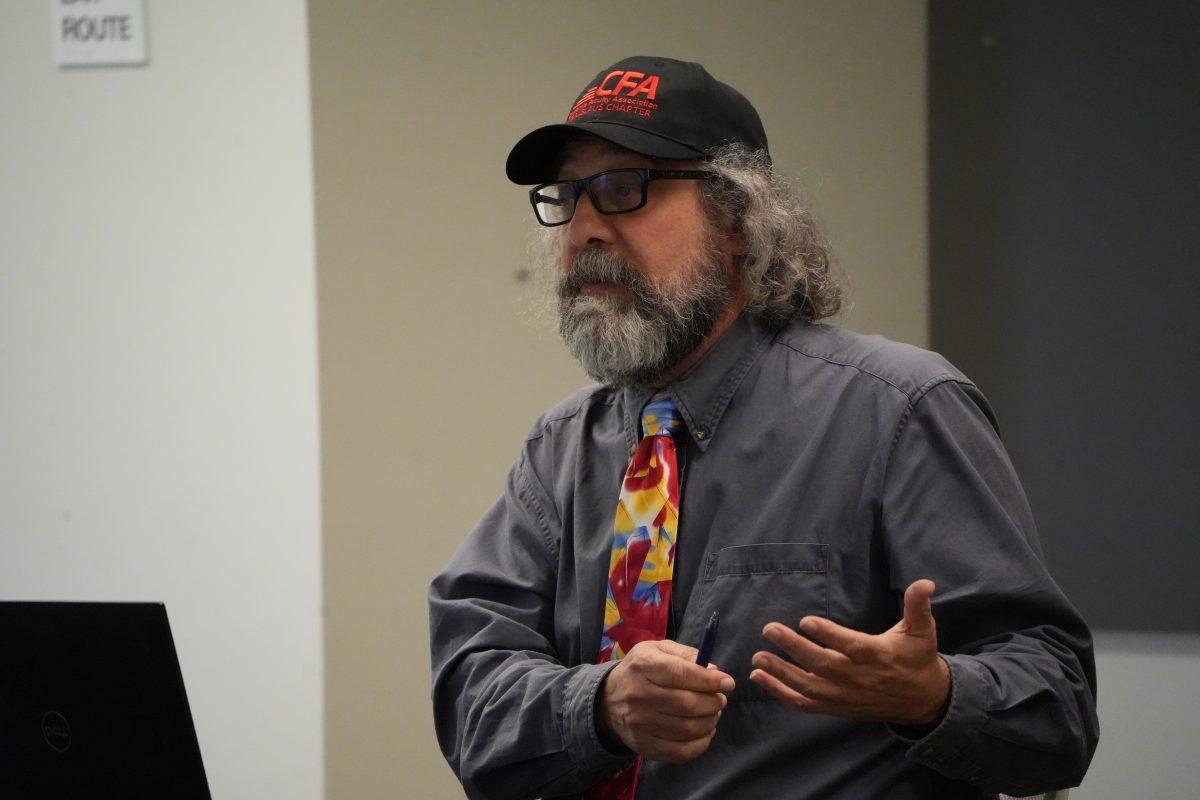Eight days after being inaugurated, President Donald Trump issues executive order 13769, which restricts entry into the United States to people from seven predominantly Muslim countries: Iraq, Iran, Syria, Yemen, Sudan, Somalia, and Libya. A fact check conducted by NPR points out that “this executive order does not include any countries from which radicalized Muslims have actually killed Americans in the U.S. since Sept. 11, 2001.”
Due to lack of clarity, the executive order delayed several green card holders and refugees to be detained for several hours without knowing what was going to happen next. According to CNN, among the detained were also U.S. current and former government officials. These detainments prompted protests at major airports around the country. CNN reported that on Saturday night, a federal judge granted an emergency stay for people who have already arrived in the United States and those who are in transit, and who hold valid visas, including international students, ruling they cannot be deported.
According to the LA Times, California State University (CSU) Chancellor, Timothy P. White reassured that the CSU system is behind its students regardless of their immigration background. Chancellor White furthers his message in his annual State of the CSU address earlier this week.
“We will go as far as state and federal laws allow to ensure all students have that opportunity,” White said. “Why? Because, we know that a person’s intelligence — their capacity for learning and advancing human progress — in no way depends on what side of a border they were born on. We know that an empowered person does not take opportunity from others. Rather, they create opportunity for those who surround them.”
Majed Almutairi (senior, Marketing) is a Muslim international student from Saudi Arabia. He has been living in California since 2011 and is here on his recently expired student visa. According to the U.S. Department of Consular Affairs website, student visas are not being affected. However, Almudairi applied for reinstatement earlier this year and hasn’t heard back from the U.S. Department of Consular Affairs. Although he is not affected directly because he is not from one of the seven banned countries he is still worried about his chances of having his visa reinstated.
“They have the right to accept or deny it. If they deny it, I have to leave the country right away which is before I even finish my [schooling],” stressed Almutairi.
Almutairi worries that the attitudes generated by this ban may raise the chance of his reinstatement being denied.
“If I do leave I would not be able to participate in the Optional Practical Training Program—or get to walk and graduate,” said Almutairi.
Almutairi also says that attitudes generated by this ban make him nervous while traveling and attending local mosques.
“I can get a little scared going to a mosque because I don’t know what might happen,” Almutairi expressed.
However, regardless of Almutairi’s feelings, he expresses how comforted he felt when he realized how many people came out against the ban.
“When I saw the movement of the people against the ban I knew that I wasn’t alone and that the government does not represent the people,” said Almutairi.
Since the fall semester Almutairi has volunteered at least six hours a day helping Syrian refugee families adjust to the living in Turlock.
“They don’t know the language, they don’t have transportation – I have been taking them to go do groceries dropping their kids off at school because they can’t,” said Almutairi.
According to Almutairi, some of the refugee families are worried about being attacked on the street because they heard about women in hijab getting attacked and the husbands have been worried about their wives being targeted in a similar way. On several occasions Almutairi has reassured them that they are safe and that California State University, Stanislaus (Stan State), is a safe place to go on walks and spend time with their families on the weekends.
Najiba Afzal (junior, Biology), president of Stan State’s Muslim Student Association (MSA) is originally from Afghanistan, as well as her whole family. She migrated to the U.S. 16 years ago. According to Afzal, recently one of her family friends came to the U.S. as refugees before the ban was placed.
“They were in need – they were living in warzones. They came here as refugees, thankfully before the Muslim ban,” expressed Afzal.
Afzal says that this ban is not only affecting Muslims but also Christians from those 7 countries.
“I feel like several families all around the United States are being affected by this. People come here because they are dying there. No one wants to see their family die. That’s why they are coming here to the United States,” Afzal stressed.
Afzal is a tutor at Turlock High School where she works with refugee children who are learning English.
“Most of them have only been here for one month. Just imagine a month ago they would not have been able to come here,” said Afzal.
Afzal tells the story of a young girl, whom she met through the tutoring program, whose father was shot. Afzal describes how the young girl had to pull her father into her home and pick bullets out of his arms.
“I walk out of my house like ‘what am I gonna have tonight?’—I never walk out of my house [thinking] someone’s going to kill me [or] shoot me,” Afzal said. “Everyone deserves to go somewhere where they feel safe and free.”
Afzal fears that there will be an increase in hate crimes against the Muslim communities due to recent controversies.
“You know the statement that people make, ‘well if you don’t like it here go back to where you came from?’ This [ban] is putting it into full affect –[the government] just want[s] to put a label on why people want to kill other people, and they want to say that [my] religion kills people,” Afzal explained.
Both Almutairi and Afzal have family members who live near the countries that were banned. Almutairi was looking forward to having his brother and cousin at his graduation this spring. He fears that with this ban it will make it difficult for them to come see him.
Afazl’s grandfather has frequented Afghanistan every year, and she fears that even though he is documented he may face difficulties trying to return home.
After knowing of Chancellor White’s statement, Almutairi and Afzal felt less worried and more comfortable.
“It makes me feel more safe and comfortable. That makes me feel less stressed out about my application because I have the school behind me,” expressed Almutairi.
“I feel honored. I am very thankful for [his support]. Without support from people who are [in charge] nothing would be able change,” said Afzal.
The office of Stan State’s president was asked to comment, but they were unable to release a statement at the time of the request.
Categories:
Stan State students respond to recent travel bans
Steph Landeros
•
February 6, 2017
Turlock Islamic Center located in E. Main Street in Turlock, CA, on Feb. 3, 2017. (The Signal/Steph Landeros)
0
Donate to Signal
Your donation will support the student journalists of California State University, Stanislaus. Your contribution will allow us to purchase equipment and cover our annual website hosting costs.
More to Discover




